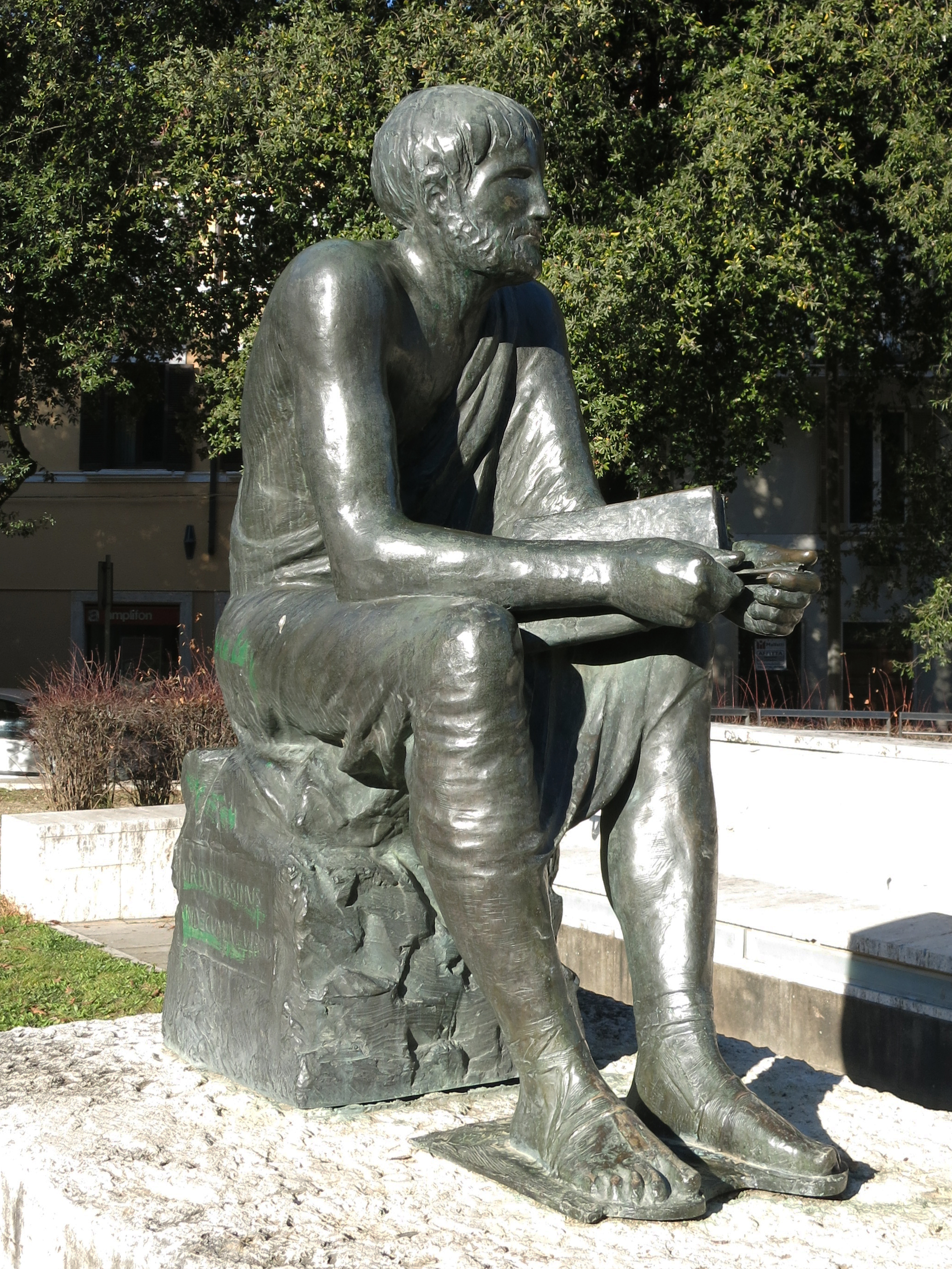“Domani si fa a credenza, oggi no.”
dalle Satire Menippee, citato in Giuseppe Fumagalli, Chi l'ha detto?, Hoepli, 1921, p. 476
Marco Terenzio Varrone, in latino Marcus Terentius Varro, è stato un letterato, scrittore e militare romano.

“Domani si fa a credenza, oggi no.”
dalle Satire Menippee, citato in Giuseppe Fumagalli, Chi l'ha detto?, Hoepli, 1921, p. 476
“Soppesare ogni parola con il bilancino dell'orafo.”
da Satire menippee, 419
Unum quodque verbum statera auraria pendere.
“It was divine nature which gave us the country, and man's skill that built the cities.”
Divina Natura dedit agros, ars humana ædificavit urbes.
Marcus Porcius Cato on Agriculture : Marcus Terentius Varro on Agriculture. W.D. Hooper & H.B. Ash. (translation). Harvard University Press, 1993. Bk. 3, ch. 1
De Re Rustica
“No sick man's monstrous dream can be so wild that some philosopher won't say it's true.”
Postremo nemo aegrotus quidquam somniat tam infandum, quod non aliquis dicat philosophus.
Eumenides, fragment 6, from Saturae Menippeae; translation from J. Wight Duff Roman Satire: Its Outlook on Social Life (Hamden, Conn.: Archon Books, 1964) p. 90.
“The longest part of the journey is said to be the passing of the gate.”
Portam itineri dici longissimam esse.
Marcus Porcius Cato on Agriculture : Marcus Terentius Varro on Agriculture. W.D. Hooper & H.B. Ash. (translation). Harvard University Press, 1993. Bk. 1, ch. 2;
De Re Rustica
“There are bred certain minute creatures which cannot be seen by the eyes, which float in the air and enter the body through the mouth and nose and there cause serious diseases.”
Crescunt animalia quaedam minuta, quae non possunt oculi consequi, et per aera intus in corpus per os ac nares perveniunt atque efficiunt difficilis morbos.
Marcus Porcius Cato on Agriculture : Marcus Terentius Varro on Agriculture. W.D. Hooper & H.B. Ash. (translation). Harvard University Press, 1993. Bk. 1, ch. 12
De Re Rustica
Bk. 1, ch. 1 ( online https://archive.org/stream/cu31924062805209#page/n75/mode/2up);
De Re Rustica
“The most learned of all Romans.”
Vir Romanorum eruditissimus.
Quintilian Institutio Oratoria Bk. 10, ch. 1, para. 95; translation by H. E. Butler. http://penelope.uchicago.edu/Thayer/E/Roman/Texts/Quintilian/Institutio_Oratoria/10A*.html#1.95
Criticism